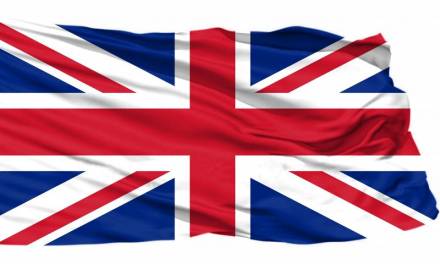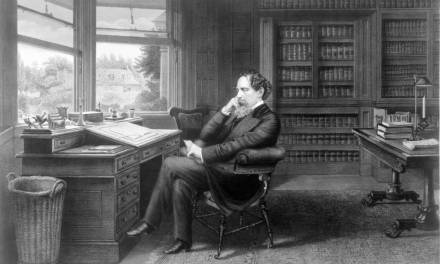The Department for Education (DfE) published guidance on promoting British values in schools in 2014. This was done with the aims of ensuring young people leave school prepared for life in modern Britain.
The government defines ‘fundamental British values’ as democracy, the rule of law, individual liberty and mutual respect and tolerance of those with different faiths. The initiative was a response by Michael Gove, following the “Trojan House Affair”, where it was alleged that Islamists were trying to take over state schools in Birmingham.
Teachers promoting these British values will be inspected by Ofsted, as part of their school inspections.
But how should a school approach teaching these British values to different cultures?
What are the British Values?
The addition of British Values to the curriculum means that pupils are expected to learn the following:
- how citizens can influence decision-making through the democratic process
- that the freedom to hold other faiths and beliefs is protected in law
- that people having different faiths or beliefs to oneself (or having none) should be accepted and tolerated, and should not be the cause of prejudicial or discriminatory behaviour
- why it is important to identify and combat discrimination
Value 1: Democracy
This describes our national electoral system and the skills needed to participate in it. It explains the need to listen to everyone and not adapting a decision until the vast majority agree. It explains that not every person can be accommodated for all the time, and that the process requires rigorous thinking, perspective-talking, patience and understanding.
Value 2: Individual liberty
This is the right of British citizens to make choices regarding elements of their life that are outside of government control. This refers to freedom of speech, as well as the right to make choices about education, food, work, family etc.
Value 3: The rule of law
This refers to creating an attitude of respect and accountability towards laws and the rules of institutions.
Value 4: Mutual respect and tolerance
This is an attitude that recognises and respects the individual liberty of others – even choices, lifestyles and beliefs that you may not agree with.
You can find out more about the values here.
Why should British values be taught in schools?
These values were first set out by the government in the ‘Prevent’ strategy in 2011. Prior to this, schools were required to respect these values, but since 2014 they must have a clear strategy for embedding these values and show how their work with pblils has been effective in doing so.
The aim of the change was to:
… tighten up the standards on pupil welfare to improve safeguarding, and the standards on spiritual, moral, social and cultural development of pupils to strengthen the barriers to extremism.
When should British values be taught in schools?
British Values can be taught as part of PSHE. Jigsaw PSHE is a comprehensive scheme of work relevant from Year 1 to Year 6, and contributes to the British Values agenda significantly – through direct teaching of information and experiential learning.
How should British values be explained to different cultures?
According to The Conversation, teachers have considerable freedom in terms of how values are promoted. Some fall back on the Union Jack, the Queen and fish and chips – confusing British values with symbols and stereotypes.
Having rules at school, giving students choice, discussing social issues and socialising with diverse ranges of the population establishes the skills needed to participate into British life.
Students could be engaged in democracy by creating a democratic classroom culture. Pupils of all ages are eager to participate in politics when the right questions are asked. An inclusive classroom culture can be created if everyone feels protected and valued no matter what their point of view.
For individual liberty, it may be constructive to discuss clothing and how it is a matter of personal choice. It can be explained to student that it isn’t their place to comment on personal clothing choices linked to culture and religion.
Teaching Rule of Law can be achieved through a games-based lesson on rules and accountability. Every child has experienced how unfair it feels when game rules are broken by individuals, and this is a natural way of explaining that fair laws are intended to create equality.
How can EDArcade help in teaching British values to different cultures?
EDArcade has a range of games designed to teach students about British Values, through a fun and exciting platform.
‘British Icons’ involves the player chasing down various British icons, such as The Angel of the North or a famous Black Cab. This is ideal for pupils who have recently transferred to a UK school.
For a contact form, click here.









